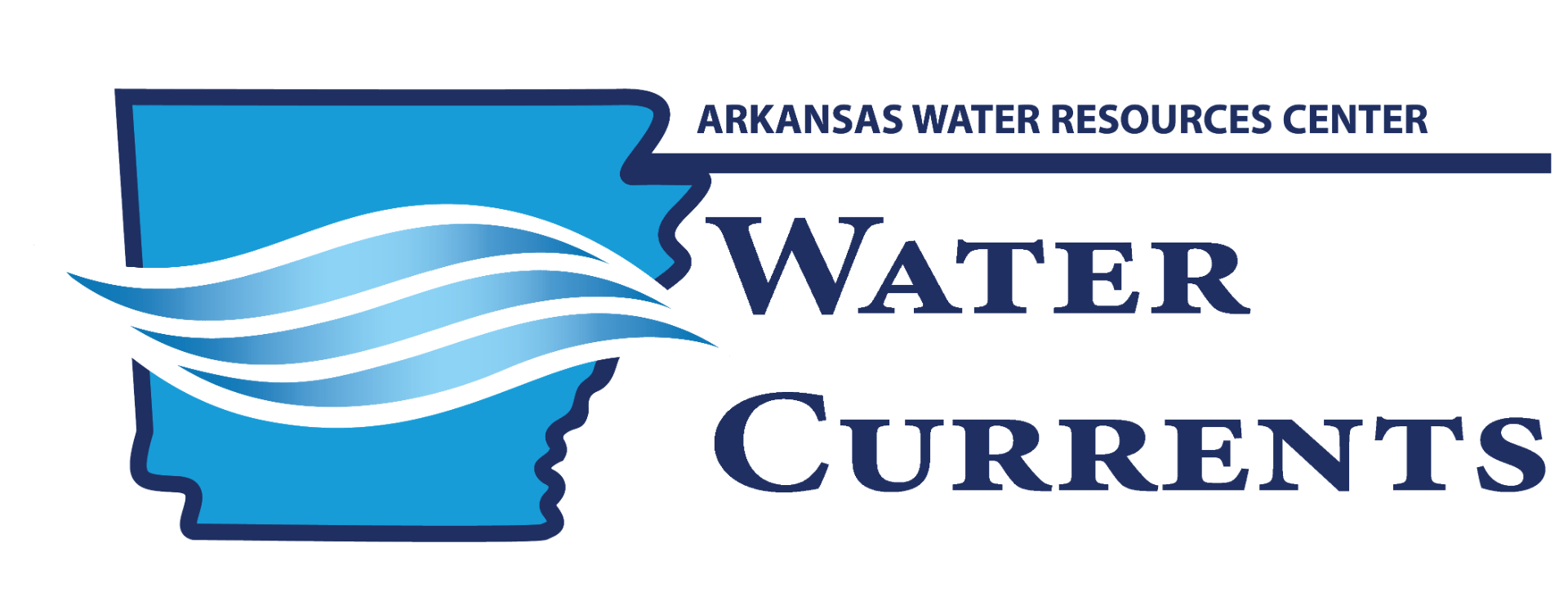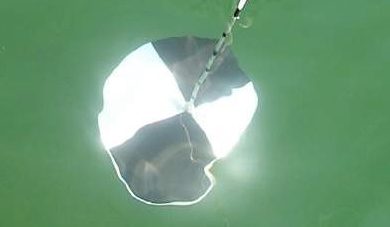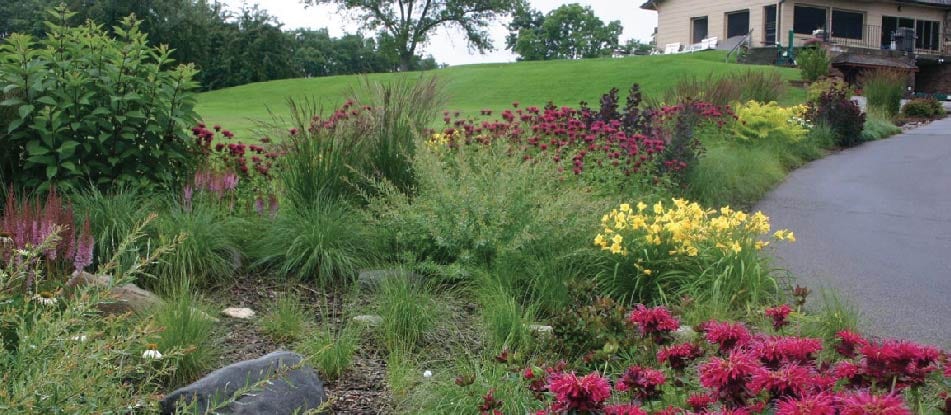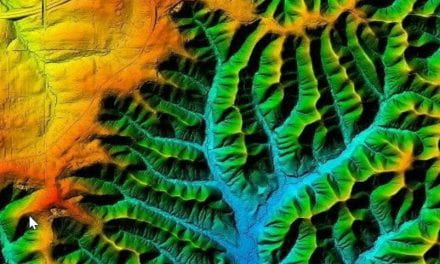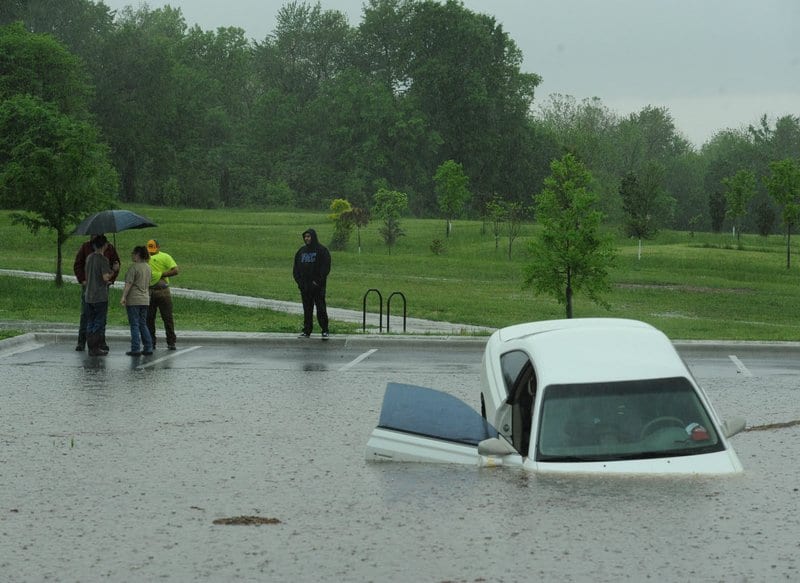
Ph.D. Student Mahmood Jebur Seeking Solution to Treating Water from Hydraulic Fracturing

University of Arkansas Department of Chemical Engineering Ph.D. student Mahmood Jebur is conducting research that explores methods for treating the wastewater produced by hydraulic fracturing. Jebur’s project is titled “Integrated Electrocoagulation – Membrane Distillation – Crystallization for testing Hydraulic Fracturing Produced Water”. Jebur’s advisor is Dr. Ranil Wickramasinghe.
Energy companies use hydraulic fracturing to extract natural gas. Hydraulic fracturing produces mass amounts of wastewater that contain high levels of salt and trace chemicals. Jebur’s research focuses on finding more efficient methods to clean hydraulic fracturing wastewater, benefiting both oil and gas companies and protecting water resources.
“This research […] ensure(s) water is more suitable for use by the community, which can be accomplished by ensuring both surface and groundwater are safe.” said Jebur “By treating and reusing produced water, preservation of surface and groundwater could be achieved. In addition, treating produced water will reduce the amount of produced water [that could potentially affect drinking water].”
Jebur’s role in this project was to design and test the effectiveness of integrated electrocoagulation – ultrafiltration – membrane distillation – crystallization processes for treating the wastewater produced by hydraulic fracturing. These processes each have traits that clean or make it easier to clean the wastewater. Jebur’s research has been dedicated to finding the best ways to combine these processes.
Membrane distillation (MD) is an essential treatment pathway for hydraulic fracturing wastewater because of its ability to treat water with a high concentration of total dissolved solids. Incorporating crystallization results in near complete TDS removal, but does not resolve inefficiencies with MD, such as fouling, wetting, and high energy requirements. Jebur’s research incorporates electrocoagulation to reduce these limitations.
“The most interesting thing that I learned during this project was that a train of treatment is required to treat the highly impaired produced water…” said Jebur
After graduation, Jebur is planning to use his skills and knowledge to solve similar types of challenges, either working directly with industries or at academic institutions conducting research with direct industrial applications.
Jebur expressed gratitude to Dr. Wickramasinghe and to the U.S. Geological Survey 104(b) program through the Arkansas Water Resources Center for funding.
